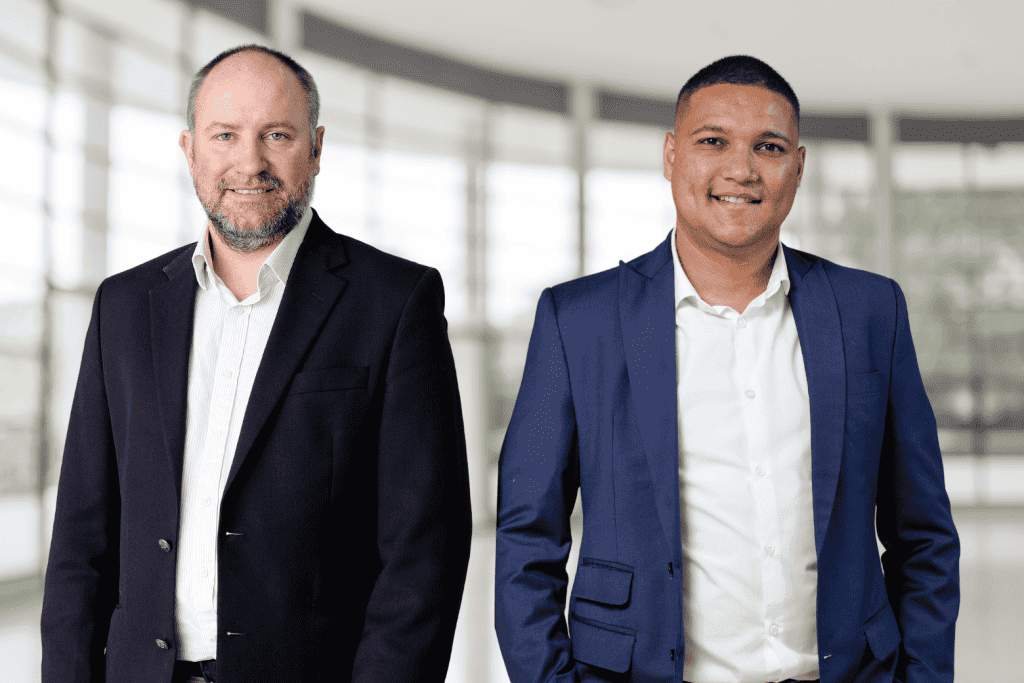
The global cloud ecosystem experienced significant upheaval in 2024 with 2025 bringing more of the same
Significant shifts in the cloud ecosystem occurred in 2024, driven by factors such as repatriation, sovereignty, and market consolidation. As we kickoff 2025, the cloud landscape can expect to witness further change – meaning that readiness, reassessment, and resilience are the watchwords for all players in this ecosystem.
Lee Syse, Director of product and go-to-market at Routed, notes that in 2024, the Broadcom acquisition of VMware probably had the single biggest impact on the cloud ecosystem.
“This acquisition caused a massive rethink across industries. Although Broadcom is ultimately encouraging a view of the right horse for the right course – or the right workload for the right cloud – the changes implemented in the partner market are making customers and partners think more carefully about the cloud,” he says.
“And it is not only VMware customers that have had to rethink certain strategies and approaches. For partners, the challenge has been around uncertainty over contract terms, and fear over possible price increases.”
This, adds Syse, has led them to ask whether they will move across to other vendors, and whether VMware still makes sense as a technology of choice, or does the market footprint they address require additional technologies to be adopted?
“Essentially, what we faced in 2024 was an enforced maturity of people’s understanding of cloud and their approach to cloud. You could say the Broadcom acquisition of VMware has shaken up IT the industry’s infrastructure plans, creating an inflection point in the cloud computing and virtualisation space.”
The repatriation issue
Andrew Cruise, Routed’s MD, notes that there were other focuses in 2024, besides VMware’s acquisition. There was also a shift back towards on-premise and away from the hyperscale clouds.
“We have seen not just cloud service providers, but also end-customers, resellers, service providers, OEMs, and vendors mature their thinking about where various clouds fit in. Remember, every global cloud vendor has its own place, as they don’t all do the same thing.”
“A key trend for 2024 was this realisation that certain clouds are good for certain things and other clouds are not, with this recognition reinforced by the Broadcom acquisition and the changes that have been implemented,” states Cruise.
He explains that repatriation is mostly driven by concerns around performance and cost, with many players not getting the kind of value and efficiency out of the cloud that was expected.
“At the same time, fears around who has access to your data also drive this trend. If your data is hosted with a foreign company, can you be certain of its security? Thus, a lack of trust is also a driver of the repatriation trend.”
Sovereignty and consolidation
Cloud and data sovereignty is closely tied to repatriation, he continues. It’s a global phenomenon as organisations increasingly focus on what the right thing is to do when it comes to cloud – and sometimes the right thing to do is to stay on-premise.
“With data sovereignty, it’s about more than just where the data resides. It’s also about how your business operates and where the staff sits – for example, do you have any staff based in the US? Ultimately, there’s a lot of elements of your shared metadata that influences your overall data sovereignty approach.”
“We expect data sovereignty to remain a critical focus in 2025, as more legislation is introduced governing this issue, just as we anticipate more consolidation in the market.”
In fact, he notes, all indications are that Broadcom wants the cloud service provider market to consolidate. This is something that Routed has also encouraged, and we certainly expect significant consolidation of the cloud service provider market in 2025.
“Routed has already anticipated most of the above, and we are already prepared for it. We believe 2025 will bring even more changes, and if companies aren’t prepared, executives will again be tearing their hair out in concern.”
Looking ahead
Syse adds that it should be evident that there are additional changes coming, not only from a commercial, but also a technical and an architectural perspective. These changes are going to require businesses to make different commercial decisions, if they hope to remain afloat.
“I don’t think the disruptions in 2025 are going to be much different than in 2024 – businesses can expect more, and quite dramatic, change. This will likely include a reassessment from small and large cloud providers as to how they should be doing business; what kind of business they should be doing; who they should be engaging with; and who their end-customers should be.”
In the end, he continues, businesses will need to be more independent and utilise their own critical thinking, rather than simply following the crowd, or listening to what their vendor says.
“Customers will need to become more self-sufficient, by analysing the impact a particular vendor or hypervisor has on their organisation – such as considering what it actually does for you, and its knock-on effects within your business – and then leveraging this knowledge to make a more informed choice.”
“This is the real benefit of partnering with Routed: we never stagnate and are always preparing for what comes next. You will clearly benefit from our forward-thinking approach, readiness for change, and commitment to helping partners and customers navigate the transforming cloud landscape,” concludes Syse.
Inside Telecom provides you with an extensive list of content covering all aspects of the Tech industry. Keep an eye on our Press Releases section to stay informed and updated with our daily articles.